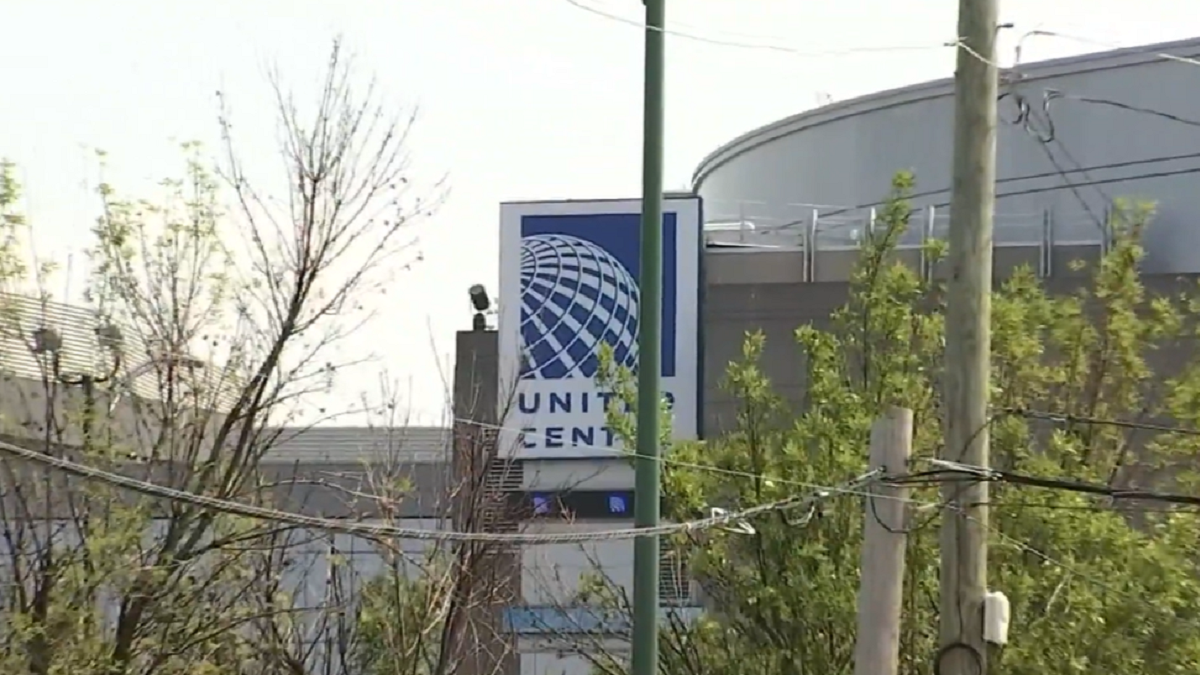Green Game Changers: Chicago's Sports Venues Tackle Sustainability on Earth Day

When you think of sports, sustainability might not be the first concept that springs to mind. However, Chicago's sports teams are challenging that perception, pioneering innovative environmental initiatives that are transforming the way professional athletics approach ecological responsibility.
From energy-efficient stadiums to waste reduction programs, these teams are proving that high-performance sports and environmental stewardship can go hand in hand. By implementing green technologies, promoting recycling, and raising awareness about sustainability, Chicago's sports franchises are setting a powerful example for other cities and organizations.
These efforts not only reduce their carbon footprint but also inspire fans and communities to think more critically about environmental conservation. It's a game-changing approach that demonstrates how sports can be a platform for positive ecological impact, showing that athletic excellence and environmental consciousness are not mutually exclusive.
